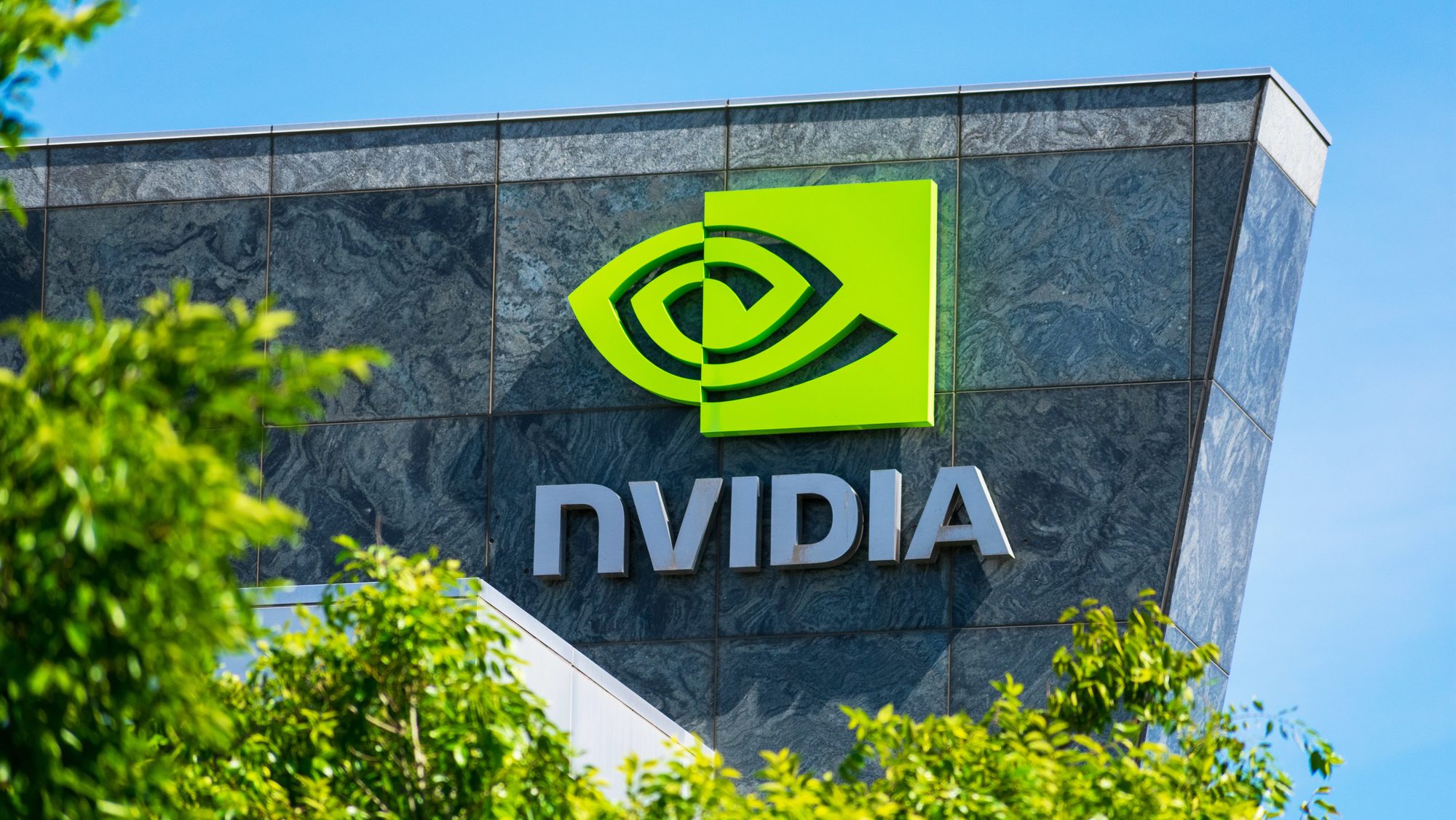MALAYSIA: The Malaysian government has reaffirmed its commitment to upholding international trade regulations, particularly in response to allegations that the country is being used as a transit point for smuggling Nvidia artificial intelligence (AI) chips to China.
Minister of Investment, Trade and Industry Datuk Seri Tengku Zafrul Abdul Aziz stressed that Malaysia does not want its strategic position as a semiconductor and logistics hub to be exploited for illegal activities. “We firmly adhere to export control regulations under the Strategic Trade Act, which governs the export, transit, and transhipment of strategic goods, including semiconductors,” he said in a published article by Bernama.
This alignment with US, EU, and UK policies highlights Malaysia’s role as a responsible and cooperative trade partner. By ensuring strict compliance with export control laws, Malaysia is reinforcing its reputation as a trusted player in the global semiconductor supply chain.
“Malaysia’s policy aligns with control measures implemented by the United States (US), the European Union (EU), and the United Kingdom,” the minister added.
Deepening international cooperation
To prevent the misuse of sensitive technologies, the Malaysian government is enhancing its monitoring mechanisms, particularly regarding the flow of high-performance AI chips such as Nvidia’s H100 and A100 models. These chips are crucial for AI development and are subject to stringent export restrictions by Western nations due to concerns over their potential use in military and surveillance applications.
Malaysia’s proactive approach to strengthening international cooperation signals its determination to prevent regulatory breaches. This effort aligns with broader global initiatives aimed at curbing unauthorised technology transfers, particularly in the context of increasing US-China tensions over semiconductor and AI advancements.
Geopolitical implications and the US-China tech rivalry
The global semiconductor industry is at the centre of geopolitical tensions, particularly between the US and China. Washington has imposed strict controls on the export of advanced chips and semiconductor manufacturing equipment to China, citing national security concerns.
Malaysia, as a key player in the semiconductor supply chain, is navigating these tensions by ensuring compliance with international regulations while maintaining its competitive edge in the industry. By aligning its policies with the US, EU, and UK, Malaysia is positioning itself as a reliable partner in global trade and investment.
This stance not only reassures Western allies but also helps Malaysia maintain access to critical markets and investments in its semiconductor sector. At the same time, Malaysia is mindful of its economic ties with China, which remains a major trading partner.
Malaysia’s strategic priorities
Beyond compliance with trade regulations, Malaysia is closely monitoring developments in AI technology. The rise of alternative AI models, such as those developed by the Chinese firm DeepSeek, demonstrates that AI advancements are no longer monopolised by a few Western tech giants.
Tengku Zafrul noted that the success of companies like DeepSeek highlights a broader trend of AI democratisation. “We are now seeing China, Alibaba, and perhaps soon India or the EU competing in AI technology,” he said in a Bernama report. He also emphasised the benefits of AI models that require lower computing power, making the technology more accessible and energy-efficient.
Strengthening Malaysia’s semiconductor and AI ecosystem
Recognising the rapid pace of AI and semiconductor innovation, Malaysia is prioritising research and development (R&D) to strengthen its position in these sectors. Despite being in the semiconductor industry for 50 years, much of Malaysia’s focus has remained on assembly and testing rather than on higher-value activities such as integrated circuit (IC) design and wafer fabrication.
To address this, the government is offering incentives and R&D grants to encourage investment in high-value technology sectors. “We must transition from merely being a production centre to becoming a leader in innovation and technology development,” Tengku Zafrul stated.
Addressing brain drain in Malaysia
A key challenge Malaysia faces is the migration of skilled professionals to countries such as Singapore, the US, China, and Taiwan due to limited high-tech job opportunities at home. The government is actively working to attract technology companies that can provide high-quality employment for local talent.
“We do not want to be just a country that provides labour, but also a leader in innovation and technology,” Tengku Zafrul stressed. The Ministry of Investment, Trade and Industry (Miti) is focused on ensuring that AI advancements benefit not only large corporations but also small and medium enterprises (SMEs) and micro-enterprises.
The path ahead
Malaysia’s firm stance on international trade regulations, its commitment to preventing the misuse of its semiconductor industry, and its efforts to enhance technological innovation underscore its role as a responsible global trade partner. By aligning with US, EU, and UK policies, Malaysia strengthens its position in the international semiconductor supply chain while navigating the complexities of US-China tech tensions.
At the same time, Malaysia recognises the need to invest in R&D, support AI development, and retain its skilled workforce. Through these strategic initiatives, Malaysia is not only safeguarding its trade interests but also laying the foundation for long-term growth in the high-tech sector.
Read related: US investigates if China’s ‘DeepSeek’ sourced Nvidia chips through Singapore intermediaries
Featured image by Depositphotos (for illustration purposes only)

